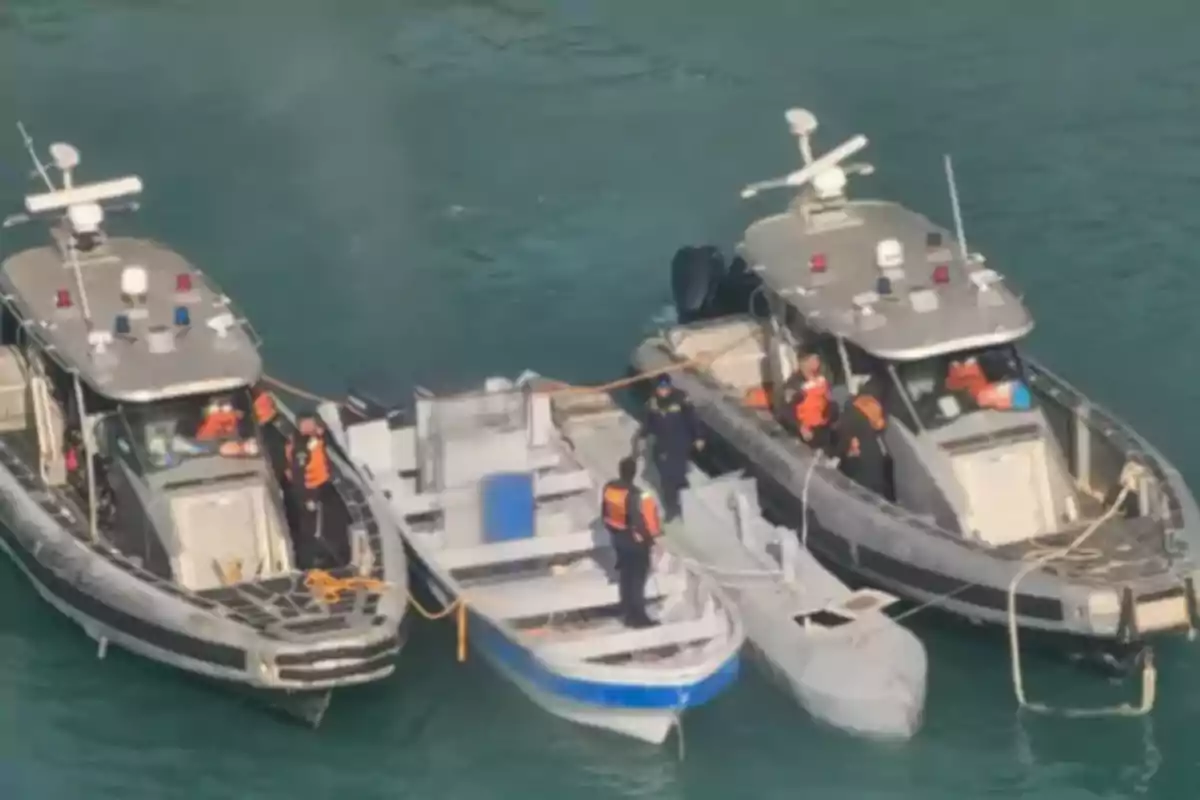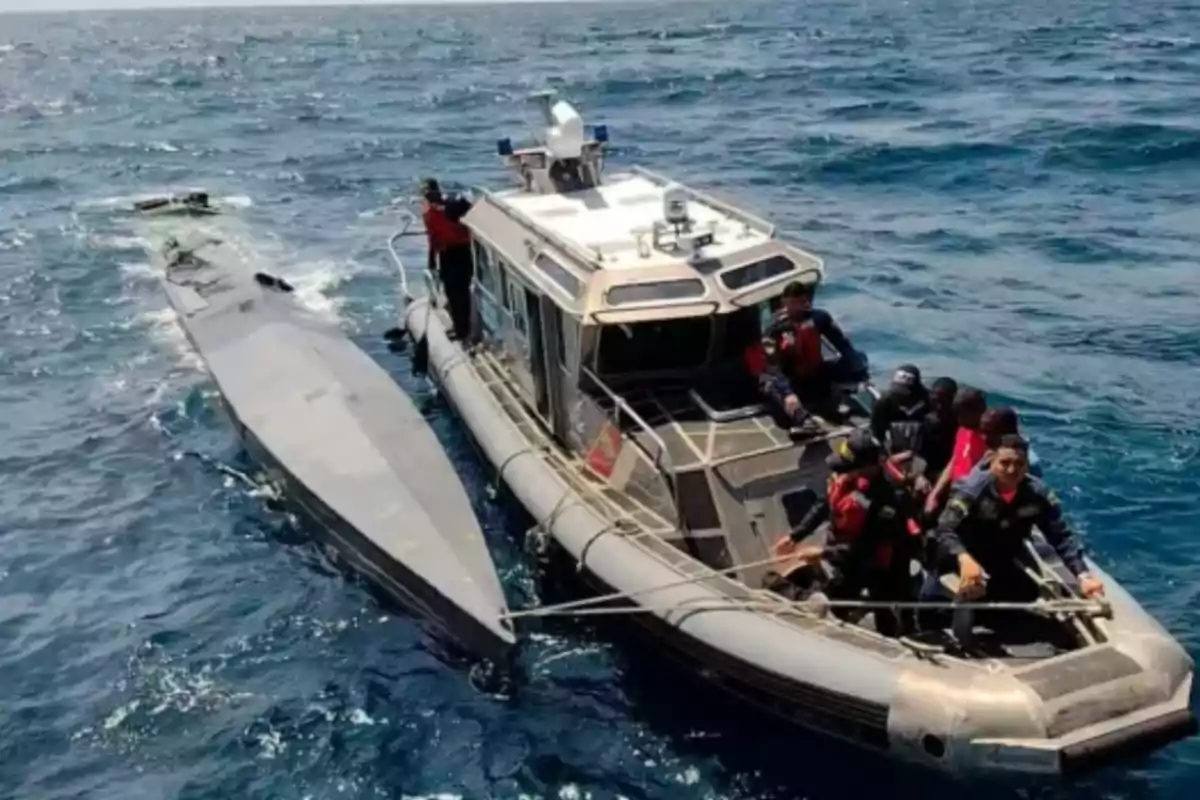
They detected the first remote narco-submarine: it was guided with Starlink without crew members
It was seized in the Caribbean by the Colombian Navy. They used satellite technology to operate from land
The Colombian Navy seized for the first time an uncrewed narco-submarine that was operated remotely via the Starlink satellite internet system Starlink. The discovery took place in Caribbean Sea waters, marking a turning point in international drug trafficking strategies.
The semi-submersible vessel had the capacity to transport up to 1.5 metric tons (3,307 pounds) of cocaine. Since no crew members were required on board, the traffickers avoided exposing human lives and reduced the risk of direct apprehension.
During the operation, authorities found a Starlink user terminal, which confirmed that the vehicle was being remotely operated from a nearby coastal location.
The role of Starlink and the new criminal landscape
The Starlink satellite network, owned by Elon Musk, provided connectivity on the open sea thanks to its global coverage. Its high-capacity plans—up to 2 terabytes per month—facilitated remote control of the narco-submarine.
However, this same technology could turn against the criminals. Each Starlink terminal is associated with a registered user, which opens the possibility of tracing its origin and location with the cooperation of SpaceX, the company that manages the service.

Admiral Juan Ricardo Rozo Obregón, spokesperson for the Colombian Navy, stated that this was "the first discovery of its kind in the region" and warned that this could be a "new modus operandi" in drug trafficking. The use of artificial intelligence, remote control, and satellite networks reveals a technological mutation of organized crime.
A global trend that has already crossed borders
This case is not isolated. In 2024, a similar vessel was discovered near the Andaman Islands in India, according to reports from AFP and France 24. The almost simultaneous appearance of these uncrewed devices in different parts of the world confirms that drug trafficking is entering a more sophisticated stage.
In Latin America, the use of these underwater vehicles has expanded to transport drugs and illegal objects without leaving obvious human traces. In the recent operation in Colombia, experts found no evidence of physical presence on the vessel, which reinforces the theory of total remote control.
The fight against drug trafficking has officially entered its digital phase. With it comes the challenge of keeping pace with increasingly technological criminality.
More posts: